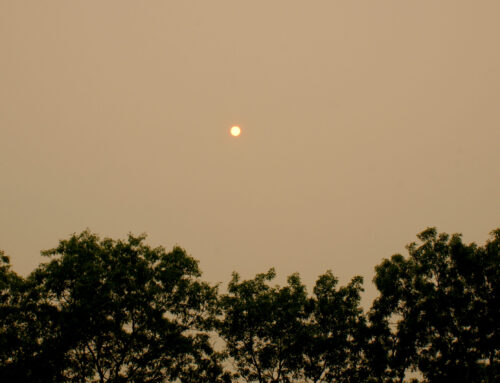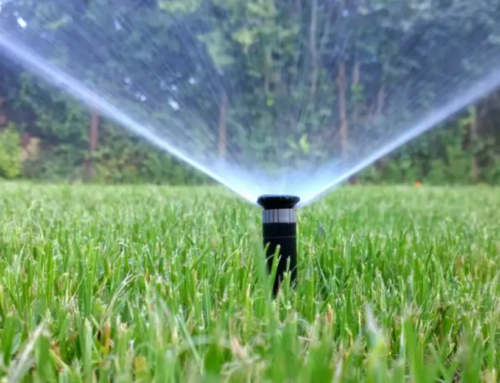Summer is here! It is time to clean our water by taking good care of our landscapes.
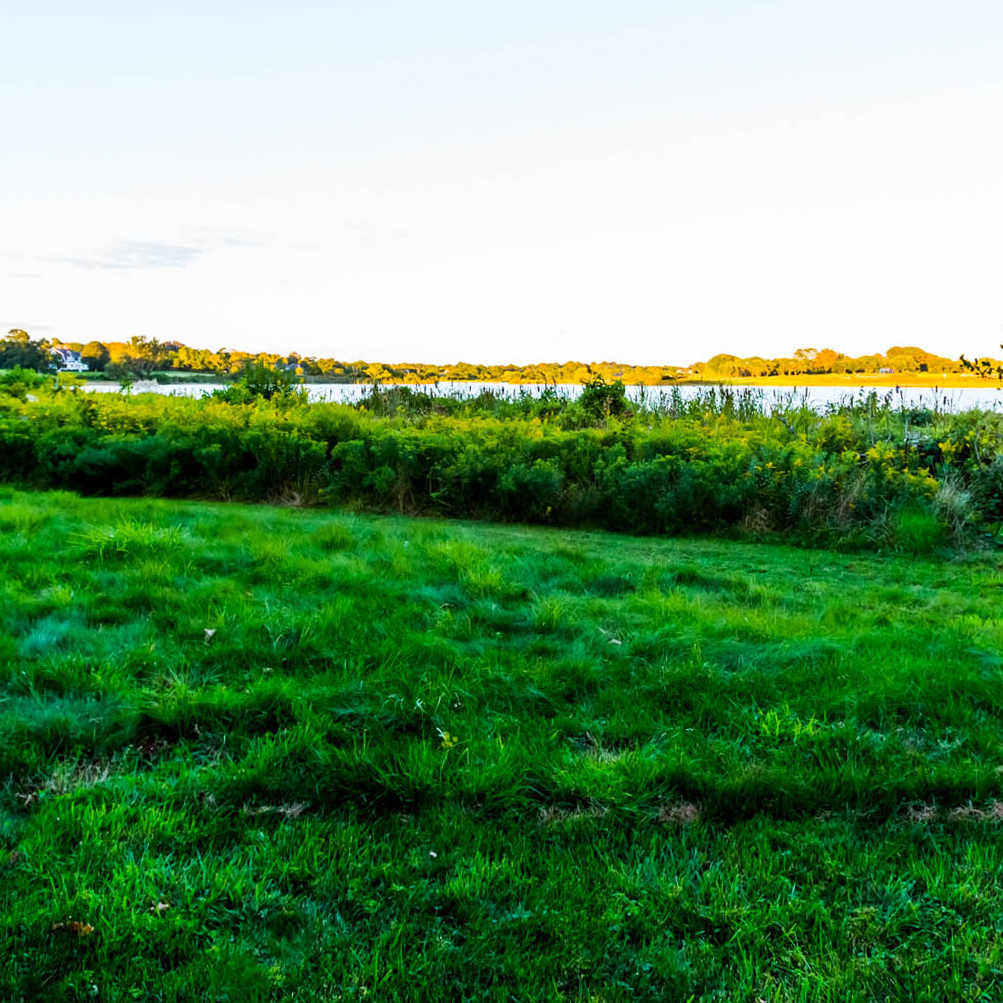
Skip synthetic fertilizer. Nitrogen from lawn fertilizers contaminates our groundwater and encourages weeds, soil disease, and poor growth. Compost tea is a wonderful alternative and is available for retail sale. Lawns untouched by synthetic fertilizer are lush and green for longer than chemically treated ones. Long Island soil is naturally fertile.
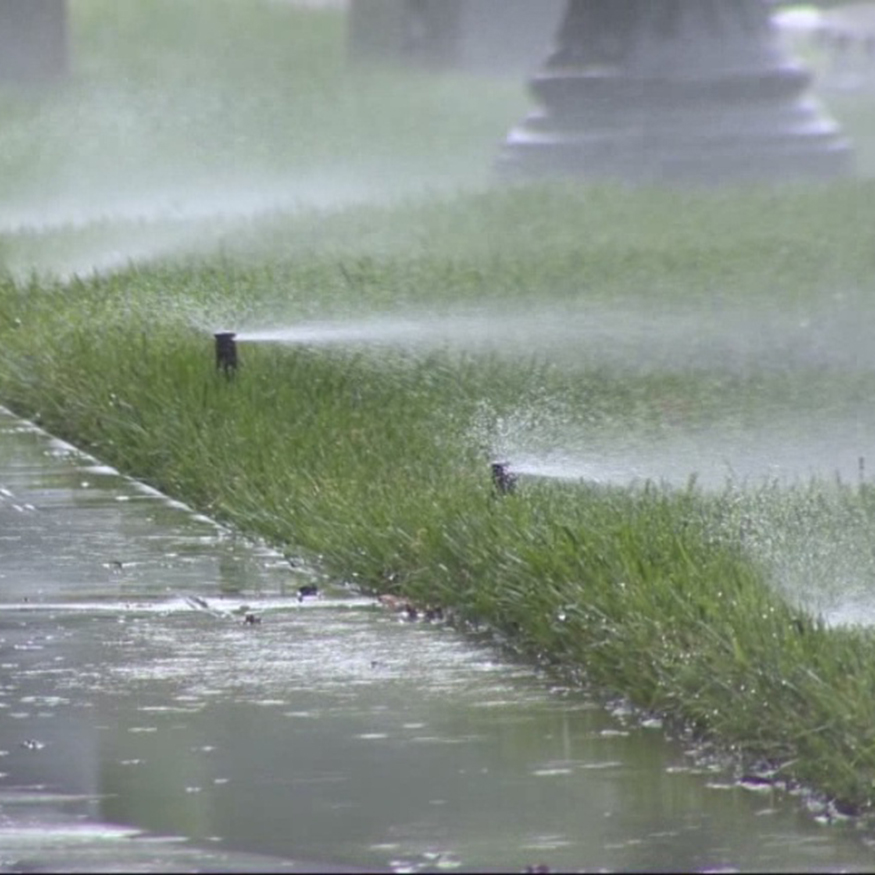
Water deeply, but infrequently, and do not irrigate hardscape. No watering is needed in the spring and fall. Water once to twice a week beginning in mid-June. Brown patches that appear in the mid-summer are usually the result of too much irrigation. Make sure your sprinkler is not watering the road.
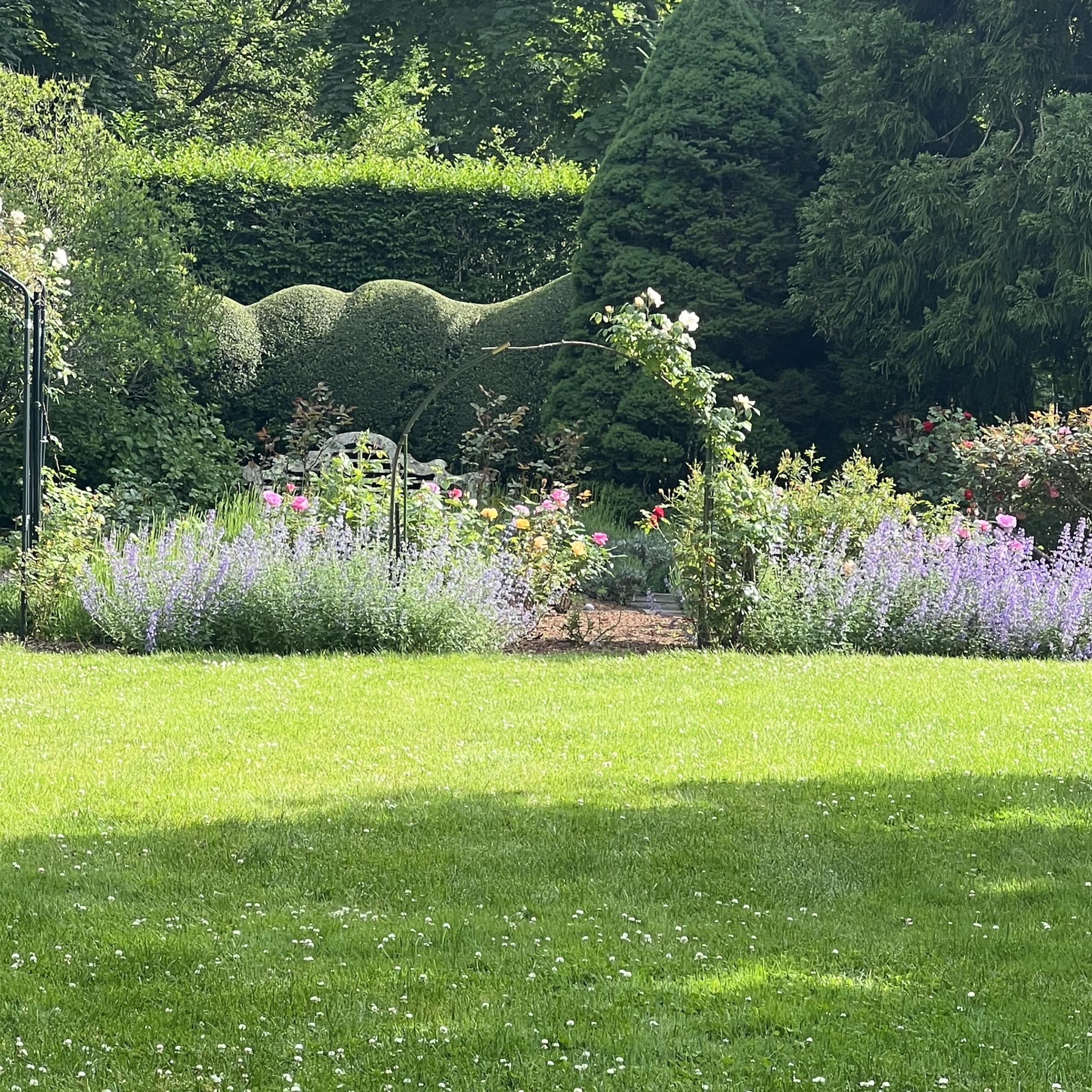
Let your grass & clover grow. Let your grass grow to 4 inches—this allows the grass to photosynthesize. Clover is a nitrogen fixing plant; it is nature’s own fertilizer. Abundant clover is a sign of a healthy lawn. Overseed bare patches of soil.
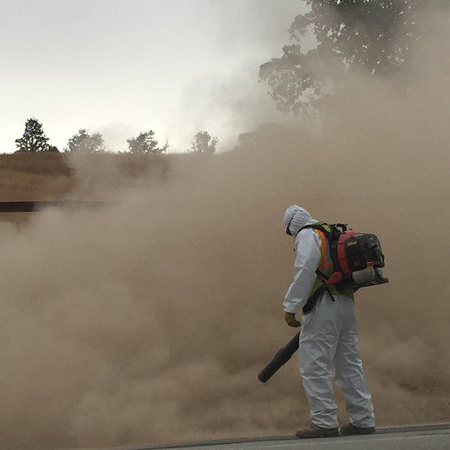
Ask your landscaper to use an electric leaf blowers year-round. Gas blowers spew pollutants, dust, heavy metals, and lawn chemicals. Electric blowers are cleaner, quieter, and effective. Gas blowers are now illegal in Southampton Town and Village from May – September.
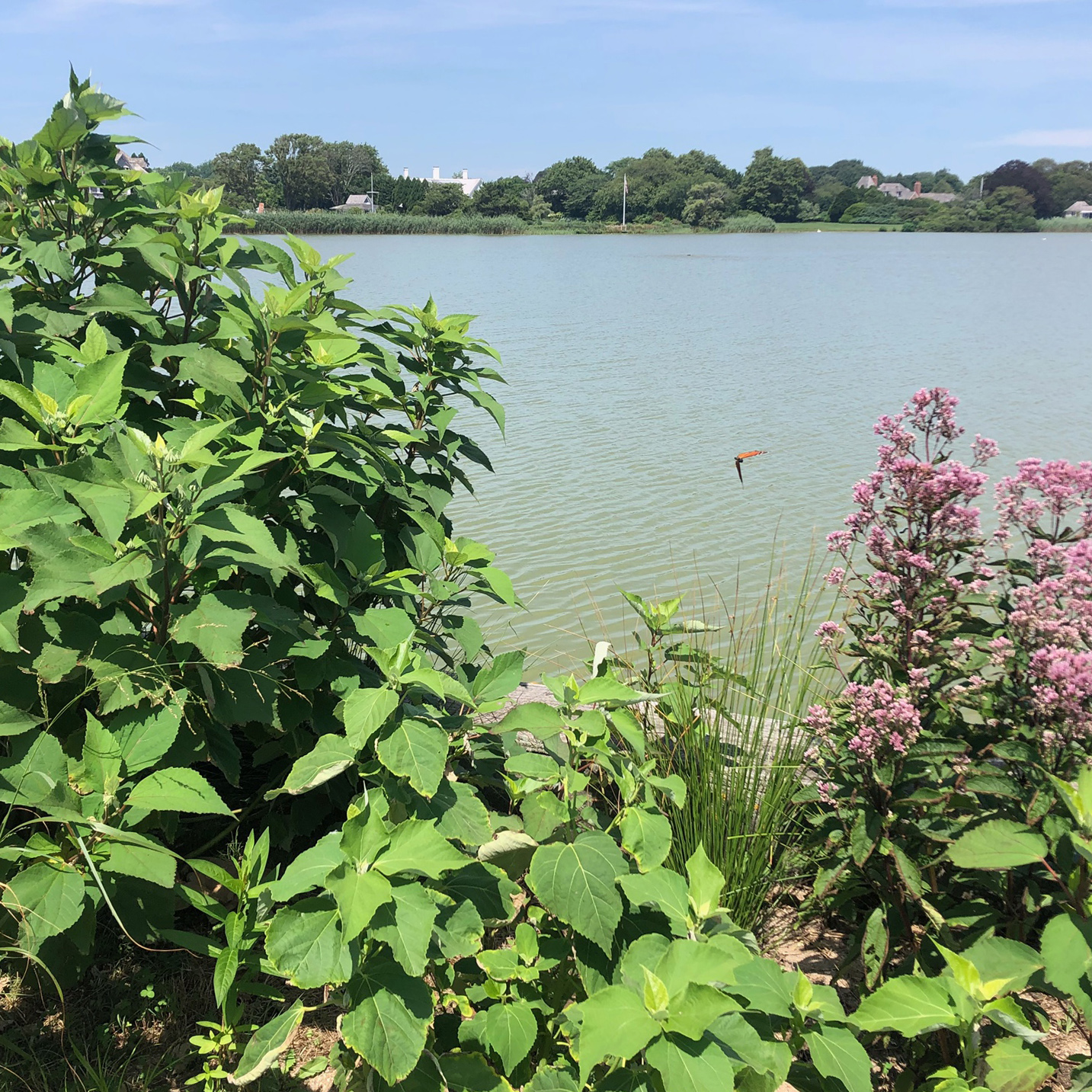
Plant a Buffer. Install a native plant filled buffer at the edge of your property to cleanse road runoff and lawn chemicals before they meet our waters. Native plants have deep root systems that absorb water. If you include native plants in your garden, you will reduce lawn flooding, mosquitos and greenhouse gases while providing food, shelter and nesting sites for birds.
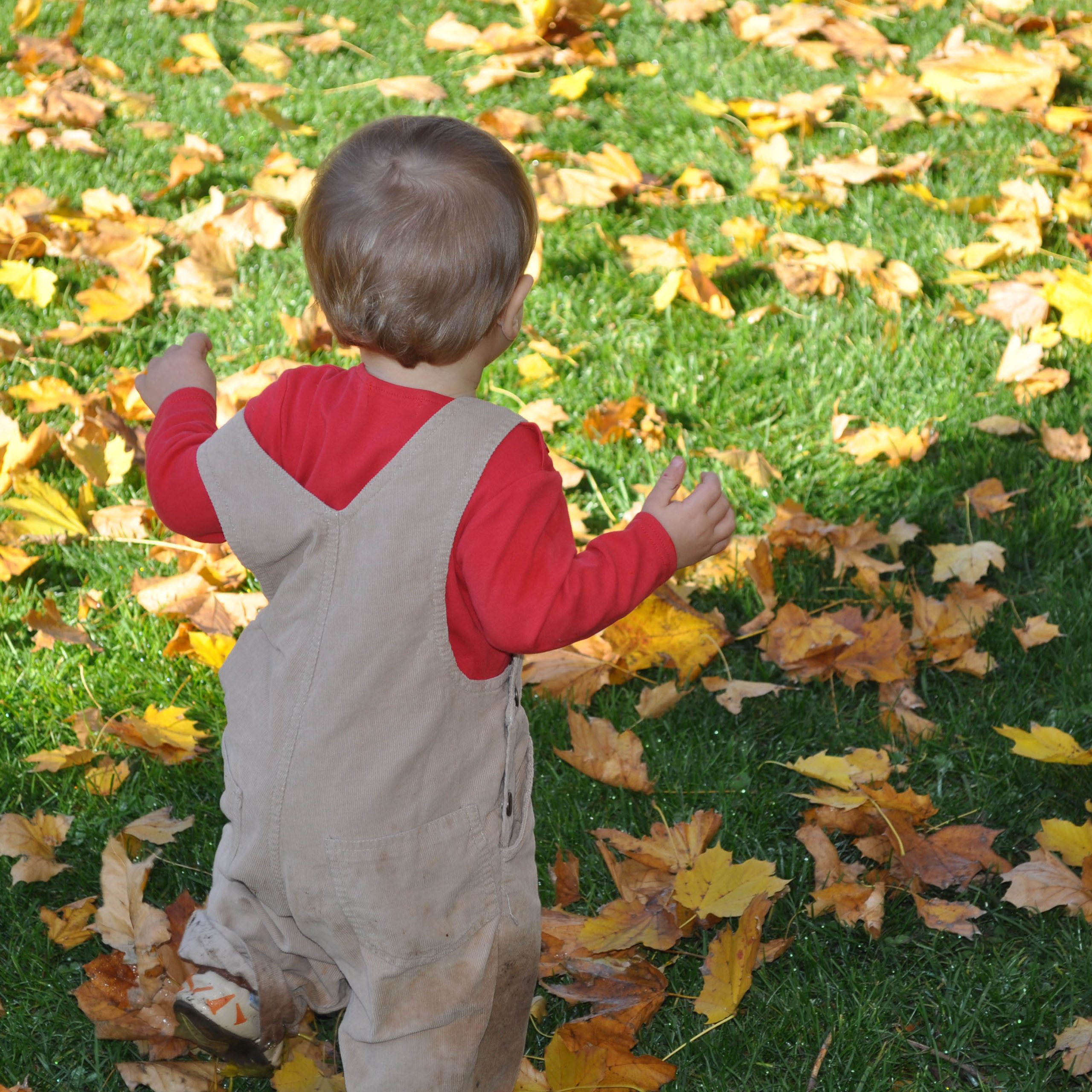
Let your fallen leaves lie. Fallen leaves restore soil, suppress weeds, and provide wildlife habitats.

